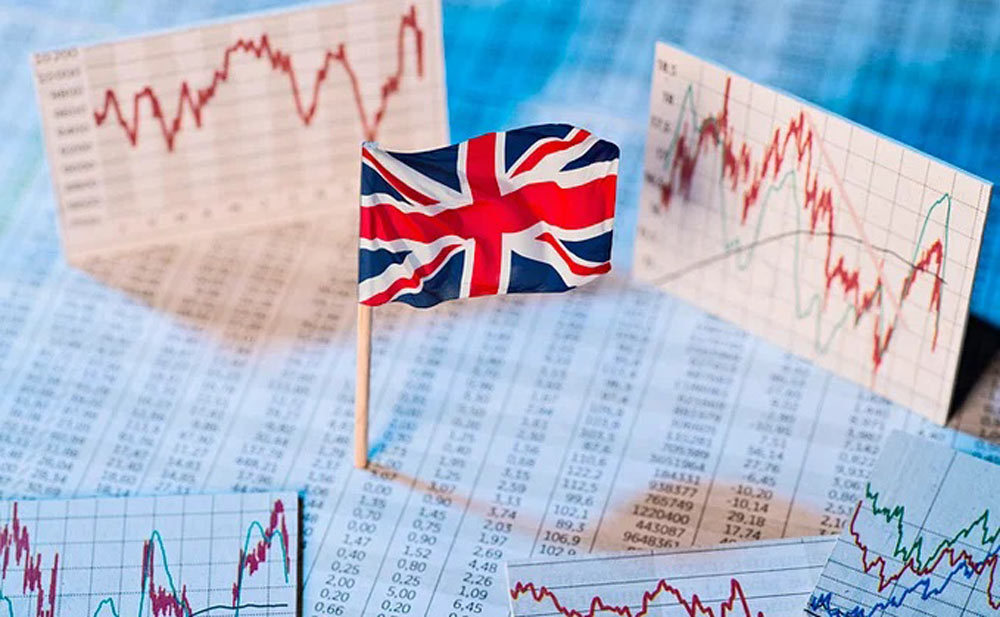In a significant development, the United Kingdom witnessed a rise in inflation for the first time in nearly a year. According to official data released by the Office for National Statistics, consumer prices in the UK increased by 4% in December compared to the same period last year. This marks a slight uptick from the 3.9% rate recorded in November. Economists had anticipated a slowdown to 3.8%, making this unexpected rise noteworthy. Let’s explore the factors contributing to this inflationary trend and its potential implications for the UK economy.
Factors Behind the Increase
The rise in UK inflation can be attributed to several factors. One notable factor is the increase in tobacco prices due to recent duty hikes. However, this was partially offset by slower food inflation, where prices rose but at a considerably lower rate compared to the previous year. The chief economist at the Office for National Statistics, Grant Fitzner, highlighted that factory output prices have remained stable in recent months, while the cost of raw materials has been lower compared to the previous year. These factors have contributed to the overall increase in consumer prices.
Comparison to Global Trends
The UK’s inflationary trend mirrors similar patterns observed in the United States and Europe, where headline inflation has experienced slight increases. This has led economists to speculate that central banks, such as the US Federal Reserve and the European Central Bank, may not rush to cut interest rates as previously expected. However, some economists argue that overall inflation momentum is still weakening.
Potential Risks and Outlook
Several risks could impact the inflation outlook for the UK. Recent attacks on commercial vessels in the Red Sea have disrupted supply chains, potentially driving up the prices of manufactured goods. Additionally, any escalation of conflicts in the Middle East could result in higher energy prices. Despite these risks, leading economists in the UK remain relatively optimistic about inflation. They anticipate that inflation could return to the Bank of England’s target rate of 2% by spring, aided by recent declines in energy prices. This, coupled with a slowdown in the domestic economy, may position the Bank of England to consider interest rate cuts in the second half of the year.
Implications for the UK Economy
The recent increase in inflation poses both challenges and opportunities for the UK economy. While rising prices may put pressure on consumers’ purchasing power, a moderate level of inflation can also indicate a growing economy. However, it is essential to strike a balance to avoid excessive inflation, which can erode the value of money and destabilize the economy. Policymakers will need to carefully monitor the inflationary trend and make informed decisions to maintain economic stability and ensure the well-being of businesses and individuals.











